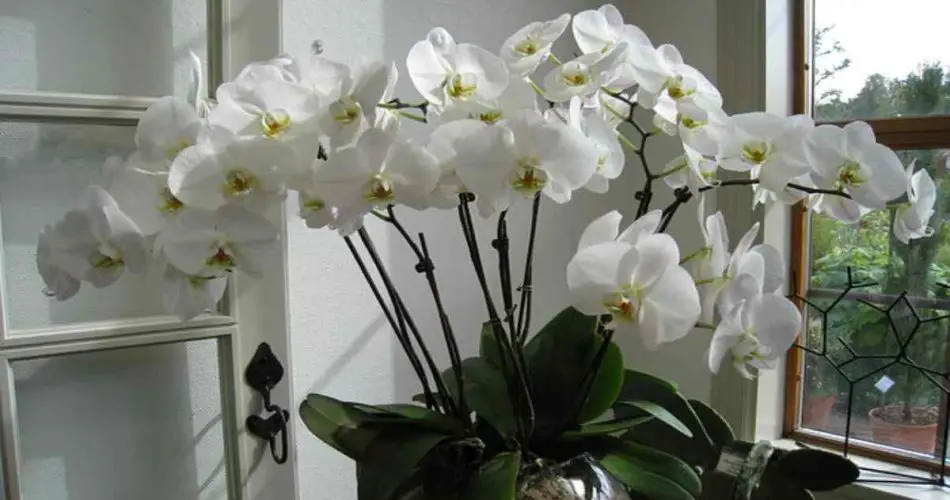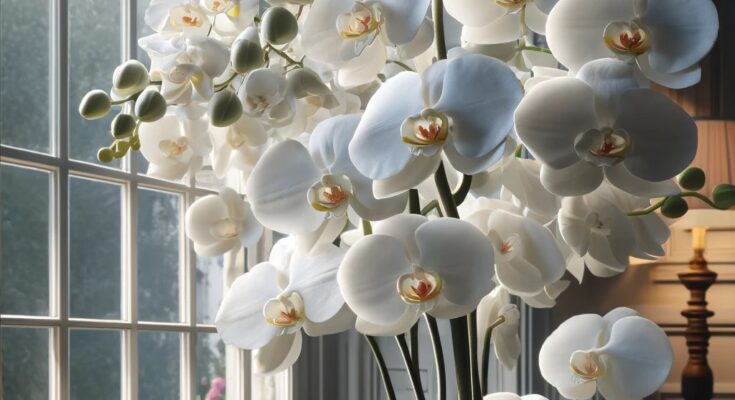Home Garden Tips

Orchid care is a true art, but this little-known practice is the only winning secret
Caring for orchids is indeed an art form, and mastering this lesser-known practice holds the key to success. Orchids, renowned for their unparalleled beauty, captivate admirers worldwide. However, maintaining their splendor can be challenging, often leading to disappointment for the less vigilant.
One often overlooked yet crucial aspect of orchid care lies in the substrate in which these plants thrive. When it comes to revitalizing your orchid, there exists a swift and essential solution. The process of repotting, though not widely known, is the secret to ensuring long-lasting health and vitality for your cherished orchids.
In their natural habitat, orchids flourish under specific conditions, nestled among tree branches in environments rich in light and humidity. While caring for them might seem daunting, understanding the correct procedures can turn the seemingly impossible into an achievable endeavor.
Repotting becomes necessary when the roots outgrow their current confines, a situation that can arise shortly after bringing the plant home. However, it’s crucial not to overdo this process, as orchids don’t tolerate frequent repotting well.
Typically, repotting every two years is recommended, though certain orchid varieties may have more specific needs. Choosing the right pot and substrate is paramount, ensuring proper airflow and moisture for the roots.
During repotting, delicate attention is required to remove dead or rotting roots, safeguarding the plant’s health. Once transferred to its new home, proper watering and placement in the appropriate light conditions will set the stage for renewed growth and blossoming.
Embracing this essential practice ensures that your orchids will continue to grace your home with their vibrant blooms, enhancing its beauty and uniqueness. With care and attention, your orchids will not only thrive but surpass their former glory, becoming a cherished centerpiece in your living space.



